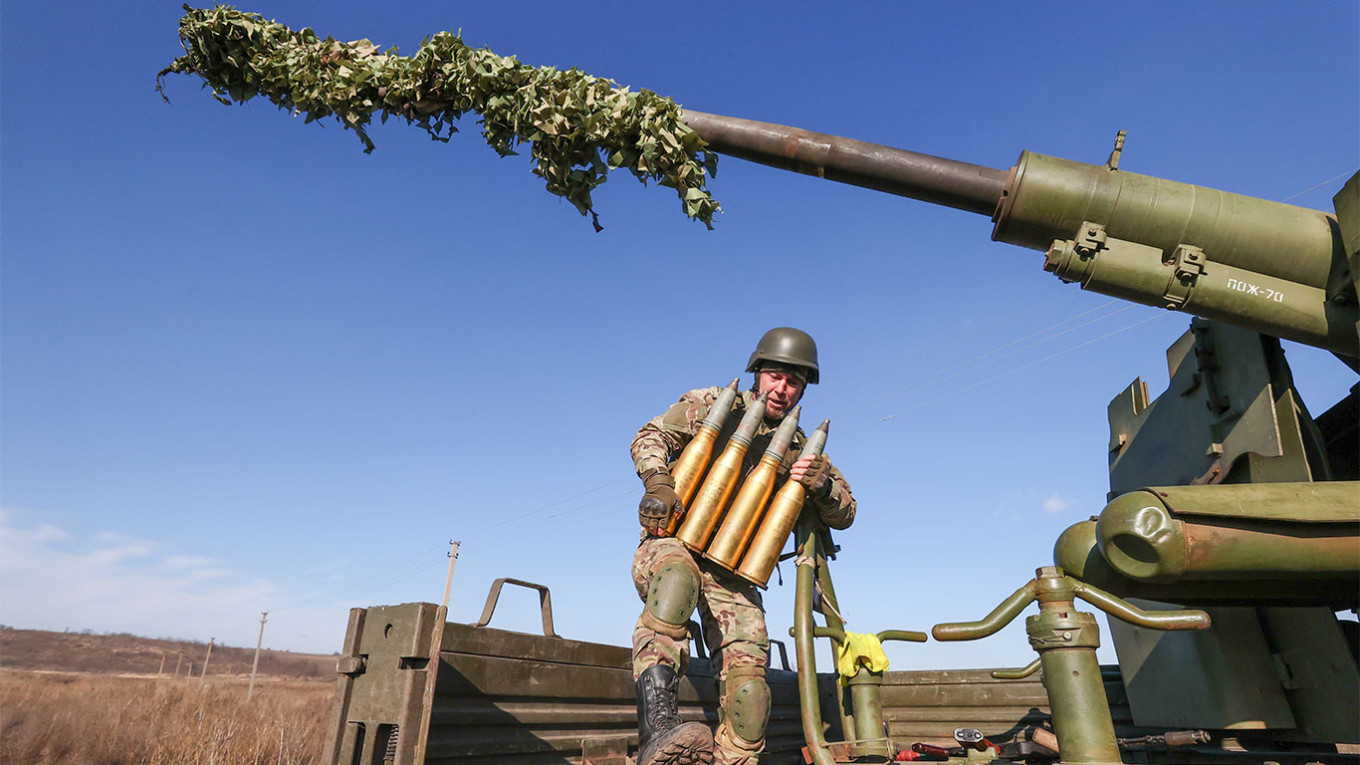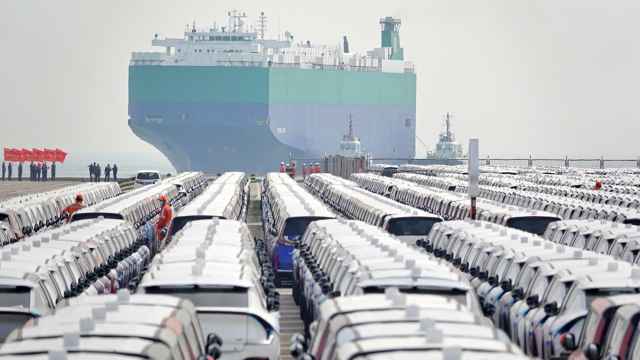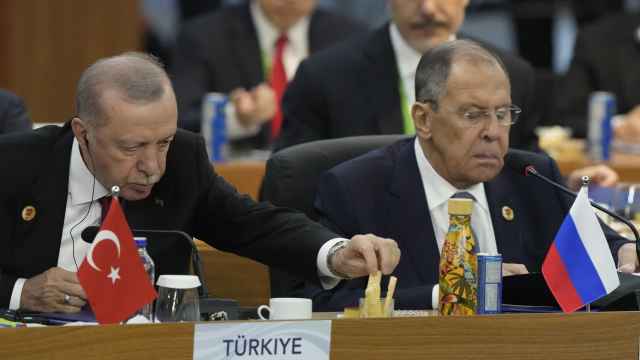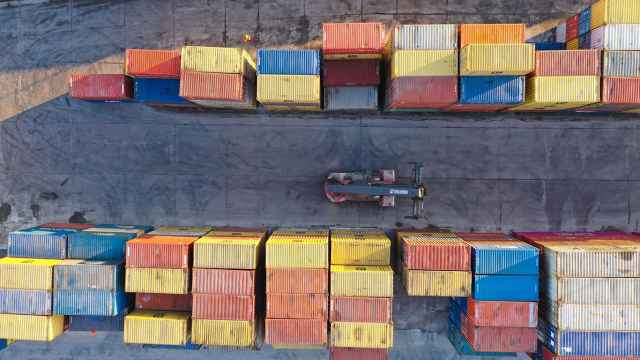Turkish and Chinese companies have helped Russia replenish its dwindling stocks of ammunition by exporting large volumes of a key component used to produce gunpowder, the Moscow Times’ Russian service reported Wednesday, citing customs data.
The EU banned shipments of nitrocellulose — a highly flammable compound used as the main ingredient of modern gunpowder — to Russia in April 2022 as part of sanctions in response to the invasion of Ukraine.
Still, Russia was able to ramp up shipments of the key component by more than five times in 2022, to over 2,000 metric tons, customs data show. In 2023, that figure stood at around 4,000 metric tons.
Moscow has burned through its stocks of ammunition over the past two years of war and has scrambled to find new supplies from countries like North Korea, which is believed to have sent Russia over a million artillery shells.
Turkish companies have contributed to nearly half of Russia’s nitrocellulose imports since the start of the war — more than 1,800 metric tons in 2023 alone — followed by Chinese companies, which have accounted for about one-third of supplies.
The Moscow Times’ Russian service found that two Turkish companies and one Chinese company made 78 supply deals last year with Russian buyers, many of which have been sanctioned by Kyiv due to their ties to Russia's defense industry.
Turkish companies likely resold nitrocellulose produced in the EU, according to The Moscow Times’ Russian service, citing UN trade data that showed Turkey imports nearly 70% of the compound from Germany, the Czech Republic, Italy and Spain.
As a result, the re-imported compound is significantly more expensive, with prices for nitrocellulose shipped to Russia having increased from $2.9 per kilogram in 2021 to more than $4 last year.
Overall, imports of nitrocellulose from Chinese and Turkish companies, along with shipments of cotton pulp — a primary raw material used to produce nitrocellulose — from Kazakhstan and Uzbekistan, may have helped Russia produce some 700,000 artillery shells last year.
China could overtake Turkey as Russia’s biggest nitrocellulose supplier this year due to U.S. threats of secondary sanctions against Ankara unless it curbs exports of dual-use goods, according to Ilya Shumanov, who heads Transparency International Russia.
A Message from The Moscow Times:
Dear readers,
We are facing unprecedented challenges. Russia's Prosecutor General's Office has designated The Moscow Times as an "undesirable" organization, criminalizing our work and putting our staff at risk of prosecution. This follows our earlier unjust labeling as a "foreign agent."
These actions are direct attempts to silence independent journalism in Russia. The authorities claim our work "discredits the decisions of the Russian leadership." We see things differently: we strive to provide accurate, unbiased reporting on Russia.
We, the journalists of The Moscow Times, refuse to be silenced. But to continue our work, we need your help.
Your support, no matter how small, makes a world of difference. If you can, please support us monthly starting from just $2. It's quick to set up, and every contribution makes a significant impact.
By supporting The Moscow Times, you're defending open, independent journalism in the face of repression. Thank you for standing with us.
Remind me later.






